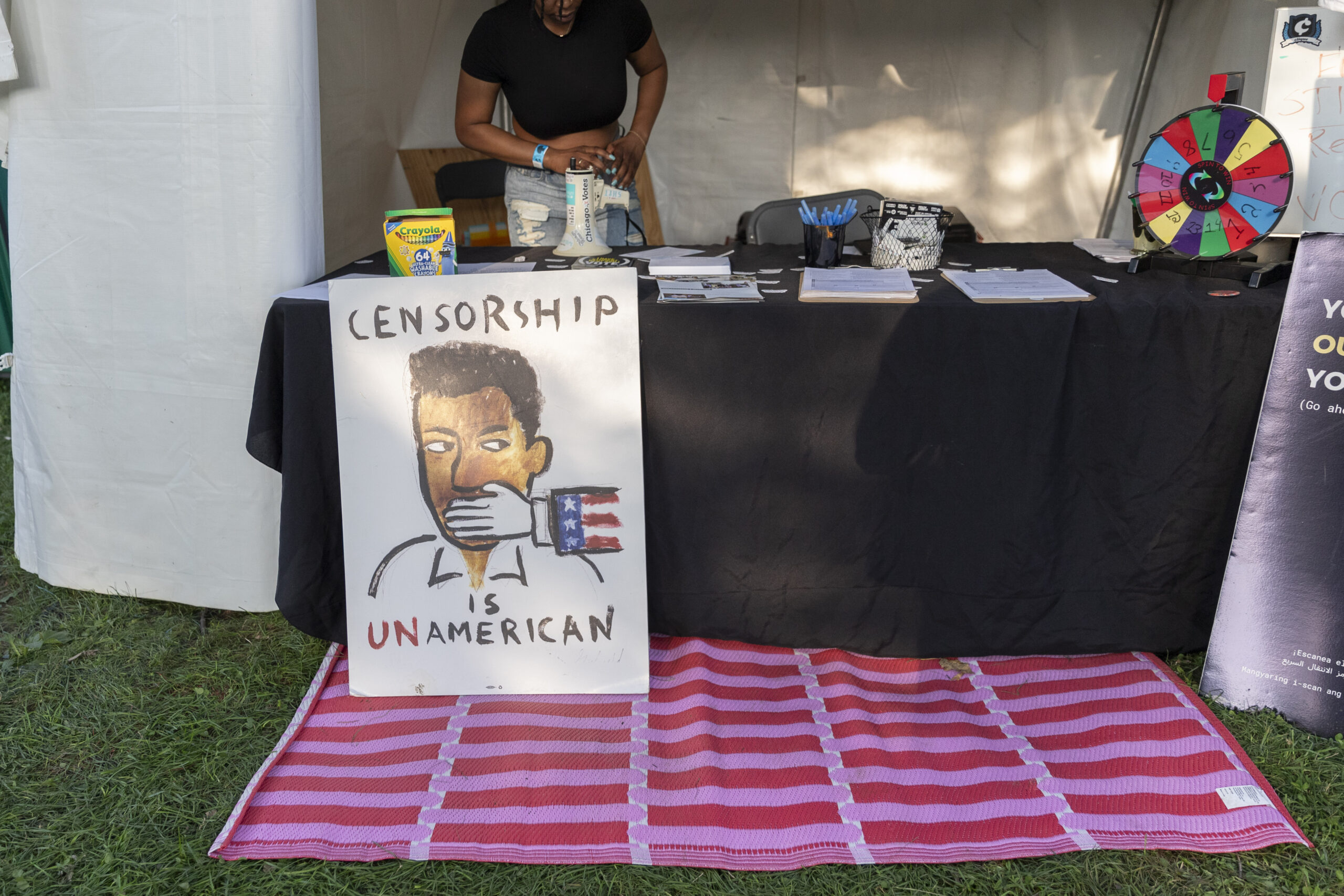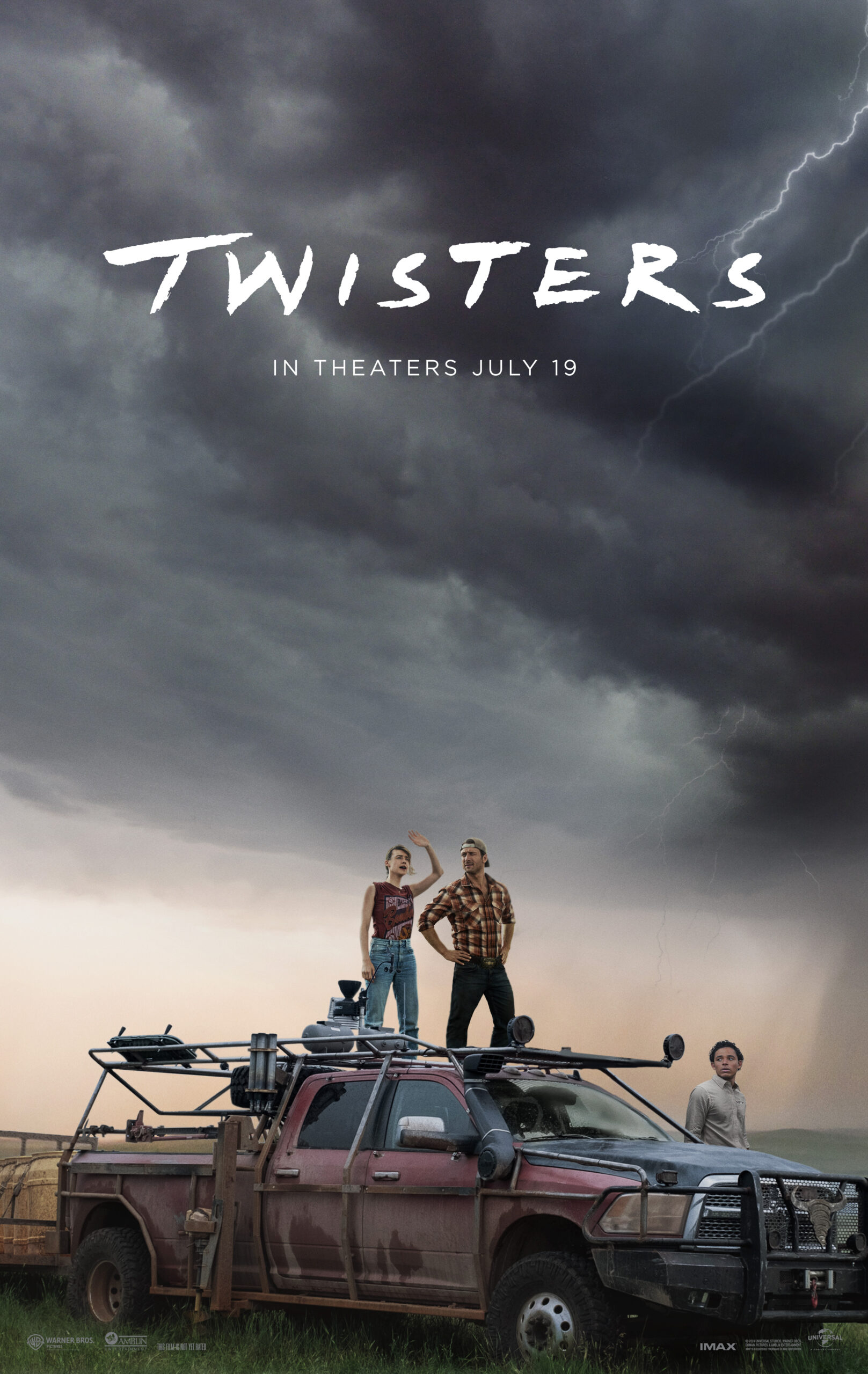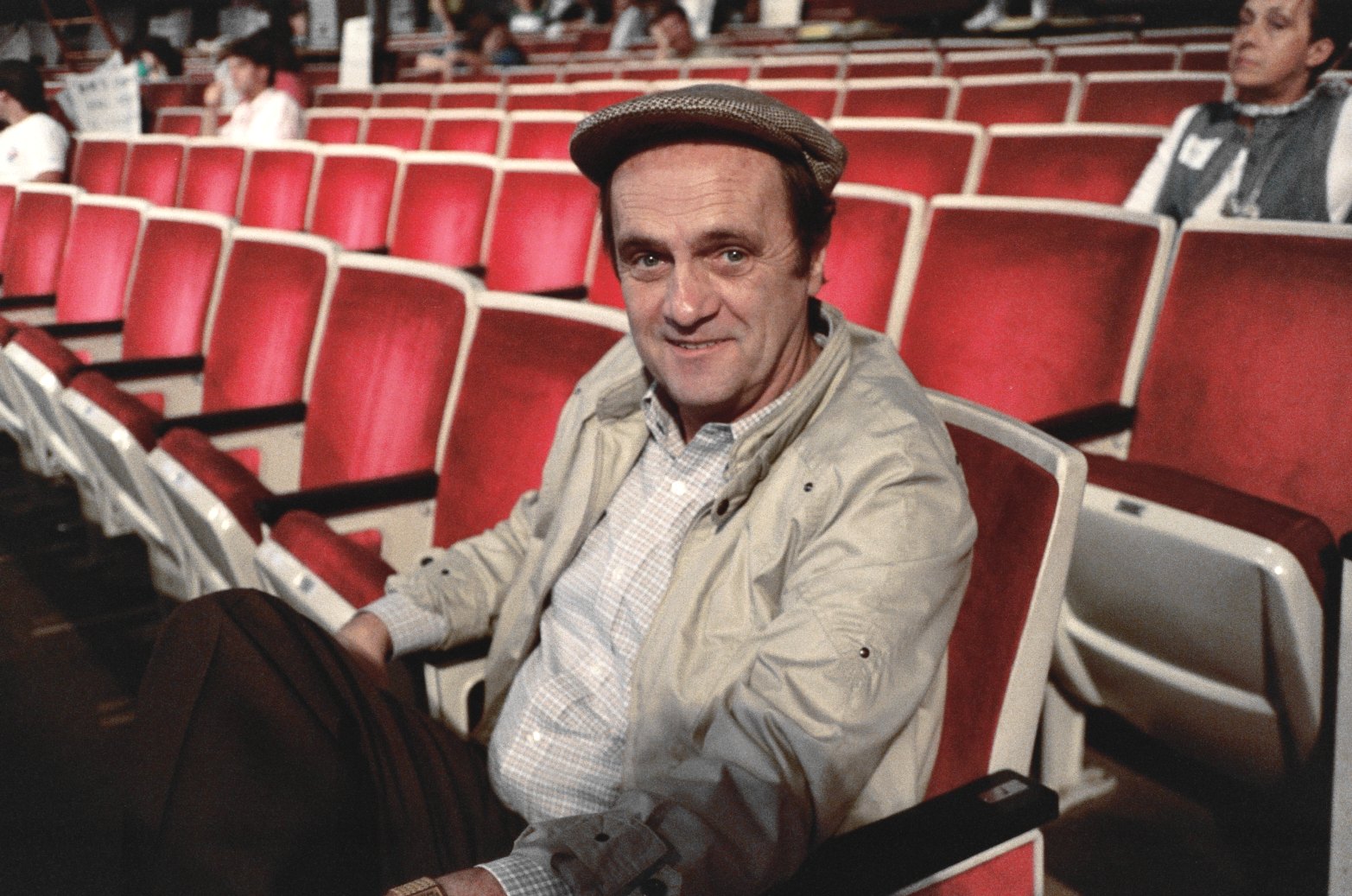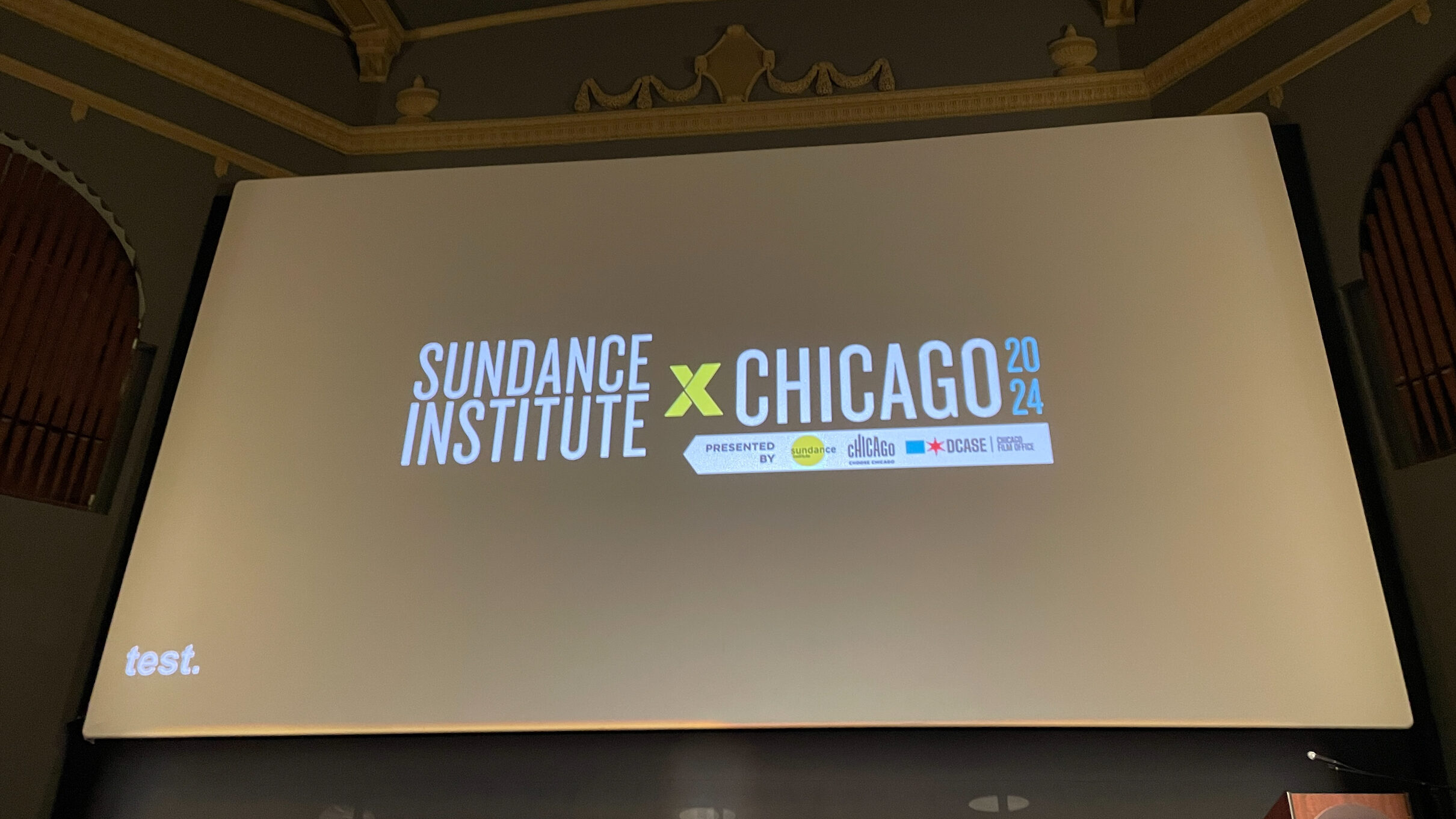In her ninth album “Did you know that there’s a tunnel under Ocean Blvd,” Lana Del Rey explores healing and heartbreak.
Content warning: Suicide.
Don’t forget her.
After two albumless years riddled with Cook County Jail photoshoots and questionable anti-mask behavior, singer-songwriter Lana Del Rey burst through the music scene with a seductive decree against mama’s boys and a demand to be remembered.
Offering a troubling yet genius exploration of personal insecurity, Del Rey’s discography presents her most vulnerable, tangled self. With this album — “Did you know that there’s a tunnel under Ocean Blvd” — Del Rey is torturously introspective. In many ways, she’s the modern woman.
“The Grants” is the album’s first track and a confession of what Del Rey will remember after death. With a choir of women in the opening sequence, the song feels like a lullaby sung by angels.
Despairingly weighing the memories of a past relationship, Del Rey is at her most pathetic, swooning over a man that refuses to choose her. Like heaven, she’s clouded by dreamlike imaginings — and the thought of romantic reconciliation.
Altogether, the album exudes sultry desperation, rendering Del Rey a commodity to the male gaze. With a career tainted by anti-feminist critique, Del Rey said she used to be labeled the “face of feminine submission,” according to Billboard.
Like her discography, Del Rey affirms she never signed up to be the paradigm of female empowerment.
And that doesn’t make her anti-feminist.
Themes of degradation continue from the album’s titular song, which was released in December. Named to represent the essence of being forgotten, Del Rey equates herself to Jergens Tunnel of Long Beach, California, which was sealed up after the hotel it was built under closed, according to The Long Beach Post.
“Mosaic ceilings, painted tiles on the wall / I can’t help but feel somewhat like my body marred my soul / Handmade beauty, sealed up by two man-made walls,” Del Rey quavers.
Track three, titled “A&W,” meaning “American Whore,” is a diaristic recap of Del Rey’s provocative allurement and shaky self-worth.
“Your mom called, I told her, you’re fuckin’ up big time,” the icon sings on the lead single of her ninth album.
With an ambitious beginning, the album falters in the middle. Two vocally absent interludes, one from Christian pastor Judah Smith, are segregated by the flavorless track “Candy Necklace.”
Wounded by the deaths of her grandmother and her uncle, Del Rey is at her most raw grieving both dead and living family members.“Kintsugi” unveils a shattered Del Rey piecing herself back together. The Japanese term is used in pottery to explain the repairing of breakage, according to The Smithsonian.
In “Fingertips,” Del Rey addresses her uncle’s suicide and her own mental health struggles. Psychiatric cocktails and drowning attempts complicate the singer’s soft dejection alongside non-existent rhythm; both lyrically and rhythmically, the song is hard to listen to.
“To get to you, save you, if I take my life / Find your astral body, put it into my eyes / Give you two seconds to cry,” Del Rey sings.
In the final tracks, Del Rey’s album becomes a wildwood of unrestrained thought.
The sonic standout, “Let The Light In,” which features singer Father John Misty, unexpectedly weaves hearty folk twang with Del Rey’s romantic pleas. Setting the scene for a Midwest love affair, Del Rey asks her lover to be let into his life again — both physically and emotionally.
The song is Del Rey at her best. A painter of emotion, Del Rey unveils every weakness on a canvas of vulnerability.
“Ooh, let the light in / At your back door yelling ’cause I wanna come in / Ooh, turn your light on / Look at us, you and I, back at it again,” she sings in the passionate ballad.
Whimsical romance prevails in “Margaret,” featuring indie band Bleachers. It relays the love story of Del Rey’s producer Jack Antonoff — the lead singer of Bleachers — and his fiance Margaret Qualley.
If you’re wondering how to know you’ve found “the one,” Del Rey has an answer: “When you know, you know,” Del Rey sings along serene piano.
In “Peppers” featuring Tommy Genesis, Del Rey embraces her deviance. Despite anti-mask accusations, Del Rey shockingly toys with those eager to make her a threat to public health.
“My boyfriend tested positive for COVID, it don’t matter / We’ve been kissin’, so whatever he has, I have, I can’t cry,” she sings in reference to former boyfriend Jack Donahue.
With the catchiest chorus on the album, “Peppers” pivots the album. Her passion is exotic, liberating and somewhat crazy — a theme fluent across the singer’s discography. She’s in love and doesn’t care who knows it. What could be more sincere?
Closing out the album, Del Rey gifts fans with “Taco Truck x VB,” a track remixed with beloved “Venice Bitch,” off “Norman Fucking Rockwell.” In a nod to past work, Del Rey wraps the album in a ribbon of nostalgia, reminding listeners controversy hasn’t changed her.
“Ocean Blvd” doesn’t triumph over previous works like “Norman Fucking Rockwell” or “Ultraviolence.” But it does mark a shift for the singer, whose 2021 albums “Chemtrails Over the Country Club” and “Blue Bannisters” were immemorable and rushed.
Del Rey has returned to her classic, sultry sound and romantic idealism. But she’s also tortured, trying to recover from grief and mental affliction. She’s defenseless in some tracks and unrestrained in others. Her commitment to individuality teeters on absurdity, with tracks like “Judah Smith Interlude,” or “Fingertips” feeling out-of-place.
But still, she’s hard to forget.
“Did you know that there’s a tunnel under Ocean Blvd” is available to stream on all major platforms.
Featured image courtesy of Interscope Records











